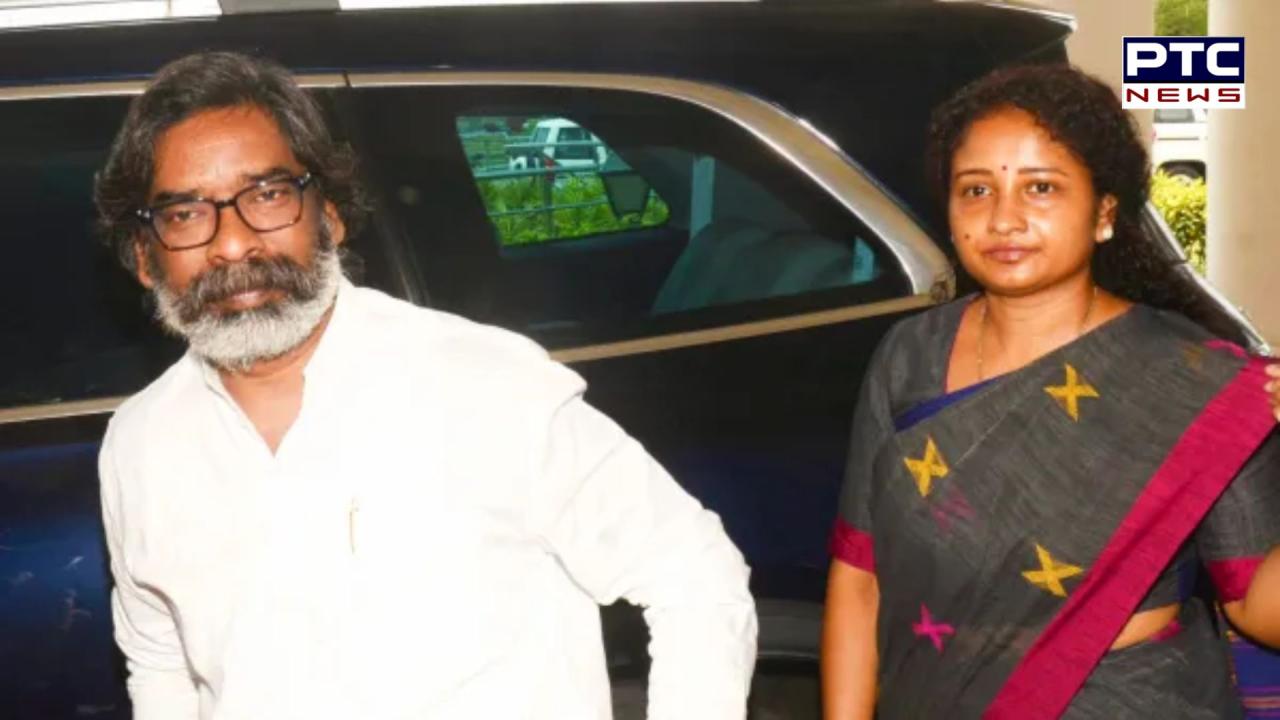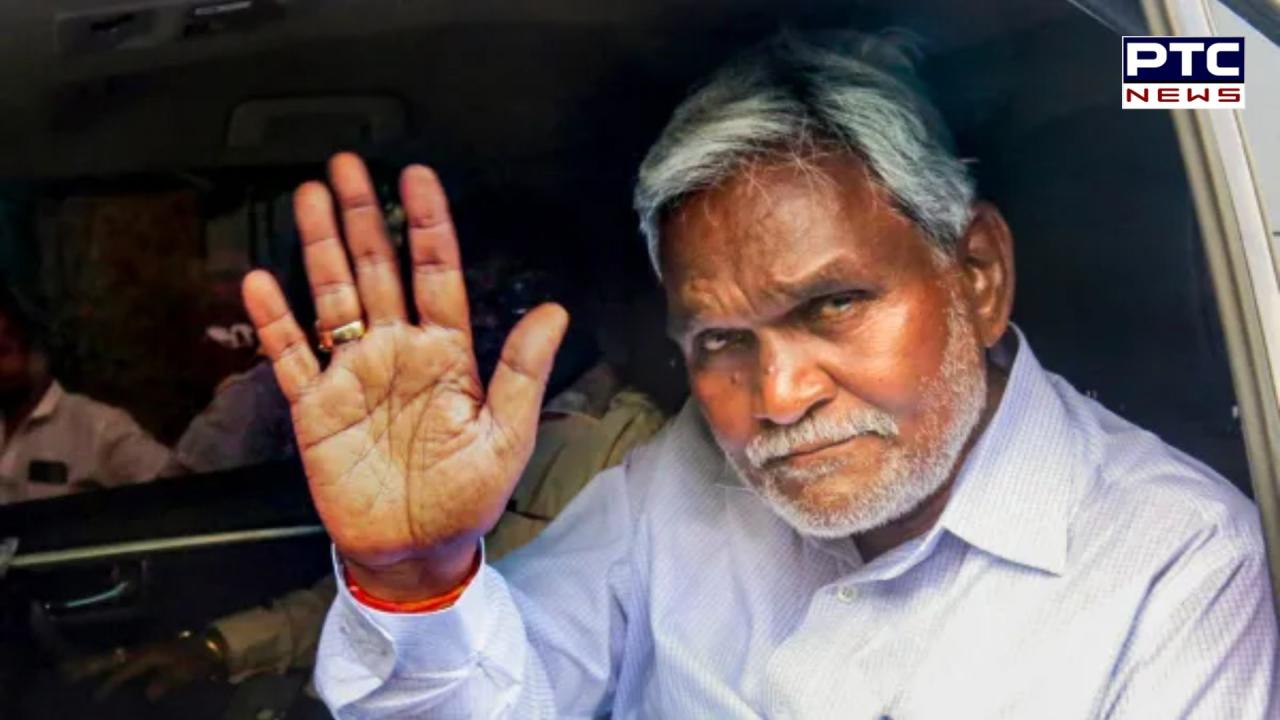

Power struggles in Jharkhand: The Sorens' legacy of nepotism, betrayal, and political survival
PTC News Desk: The recent marginalisation of Champai Soren, a veteran leader of the Jharkhand State Formation movement, has brought to light the deep-rooted nepotism and power struggles within the Jharkhand Mukti Morcha (JMM). This situation has raised concerns about whether the Soren family is more focused on preserving their dynasty than on the welfare of Jharkhand.
For over four decades, Champai Soren was a key figure in the fight for Jharkhand's statehood, playing an instrumental role in the Jharkhand State Formation Andolan. He stood as a formidable leader alongside prominent figures like the late Shri Binod Bihari Mahto. However, despite his significant contributions, Champai has found himself sidelined within the very party he helped build.
Champai Soren briefly led the state during a challenging period, assuming leadership of the coalition government for four months. His tenure, though short, was marked by efforts to stabilise the administration and implement welfare schemes aimed at improving the lives of Jharkhand's citizens. However, his time in power was abruptly cut short when Hemant Soren, the son of JMM patriarch Shibu Soren, returned from jail and swiftly reclaimed his position as the state's leader.

This swift power shift has been widely perceived as a betrayal of Champai Soren, particularly by those in the Kolhan region, where many are questioning whether his marginalization stems from not being Shibu Soren’s son, despite sharing the same surname.
The Soren family’s governance has come under increasing scrutiny for prioritizing their own interests over Jharkhand’s progress. Hemant Soren’s return to power was marked by a reassertion of control, with little regard for the alliances that had kept the party afloat during his absence. This sense of entitlement has alienated many within the JMM and beyond, fueling growing discontent across the state.
Corruption allegations against both Shibu and Hemant Soren have further damaged their credibility. Accusations of graft and nepotism have cast a shadow over the JMM, with many now viewing the Sorens as more focused on maintaining their power and wealth than on genuinely serving the people of Jharkhand.
The sidelining of Champai Soren is not only a reflection of internal power struggles but also highlights the broader issue of power consolidation within the JMM. While Shibu Soren is often credited as the face of the Jharkhand statehood movement, the fight for statehood was a collective effort. Leaders like Shri Binod Bihari Mahto played pivotal roles in the movement, contributing significantly to the formation of the state.
However, over the years, the narrative has been dominated by the Soren family, who have effectively monopolized the JMM and turned it into a family-run political enterprise. This concentration of power has marginalized other key leaders, reduced diversity within the party, and created a dynastic grip on leadership.
As Jharkhand’s citizens observe the ongoing power struggles within the JMM, frustration is mounting. The betrayal felt by long-time supporters of the party is becoming increasingly evident, with many now demanding leadership that prioritizes the state’s development over personal gain.
The repeated sidelining of capable leaders like Champai Soren, coupled with the persistent allegations of corruption and nepotism, has led to widespread disillusionment about the Soren family’s ability to lead Jharkhand into the future.
The Soren family’s relentless pursuit of power is proving to be detrimental to both the JMM and Jharkhand’s progress. As the people grow weary of the Sorens’ power games, the central question remains: Will the Sorens finally put Jharkhand’s interests above their own, or will their legacy be one of missed opportunities, betrayal, and unfulfilled promises? The state’s future hangs in the balance, awaiting a leadership that puts its people first.
- With inputs from agencies
